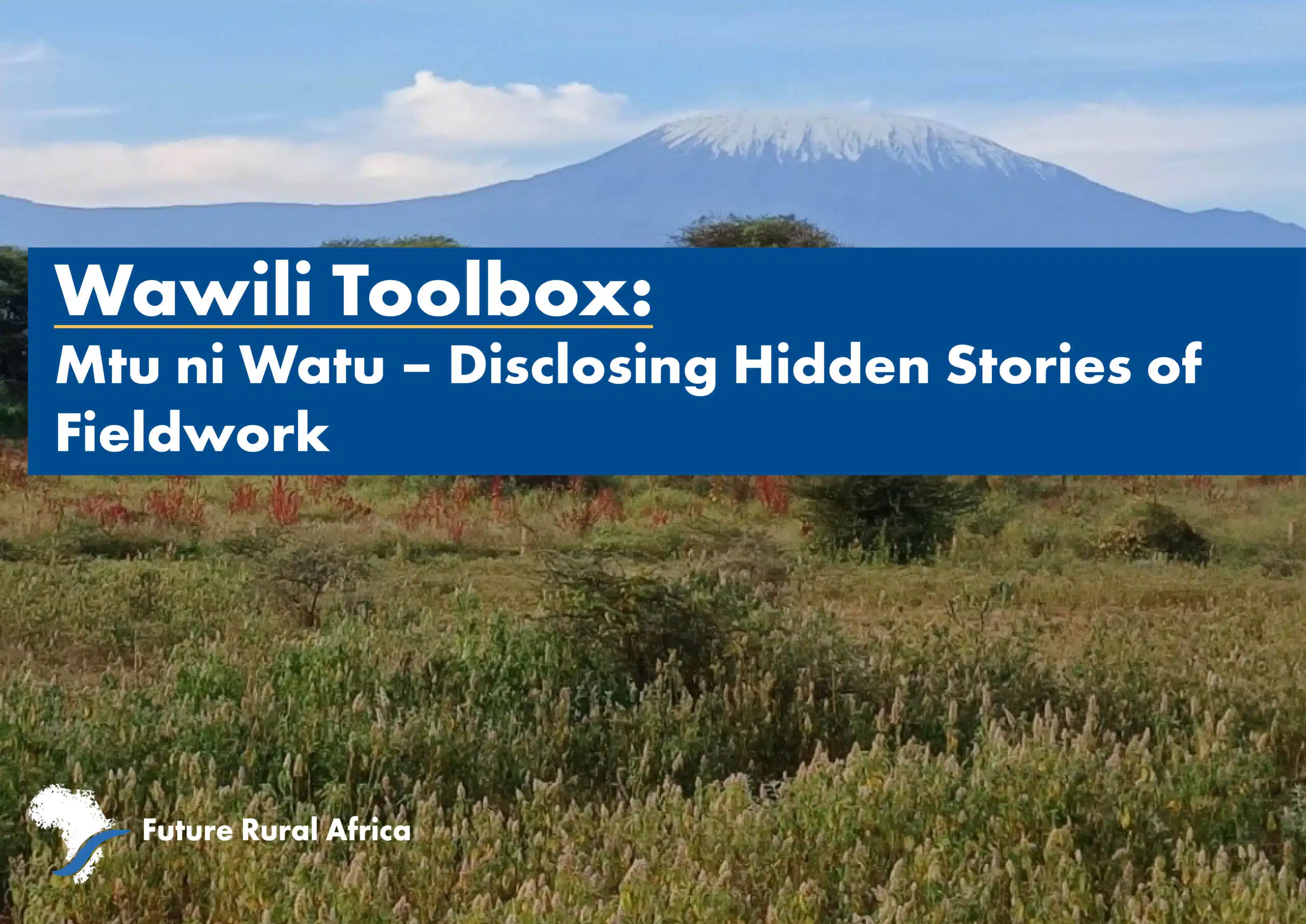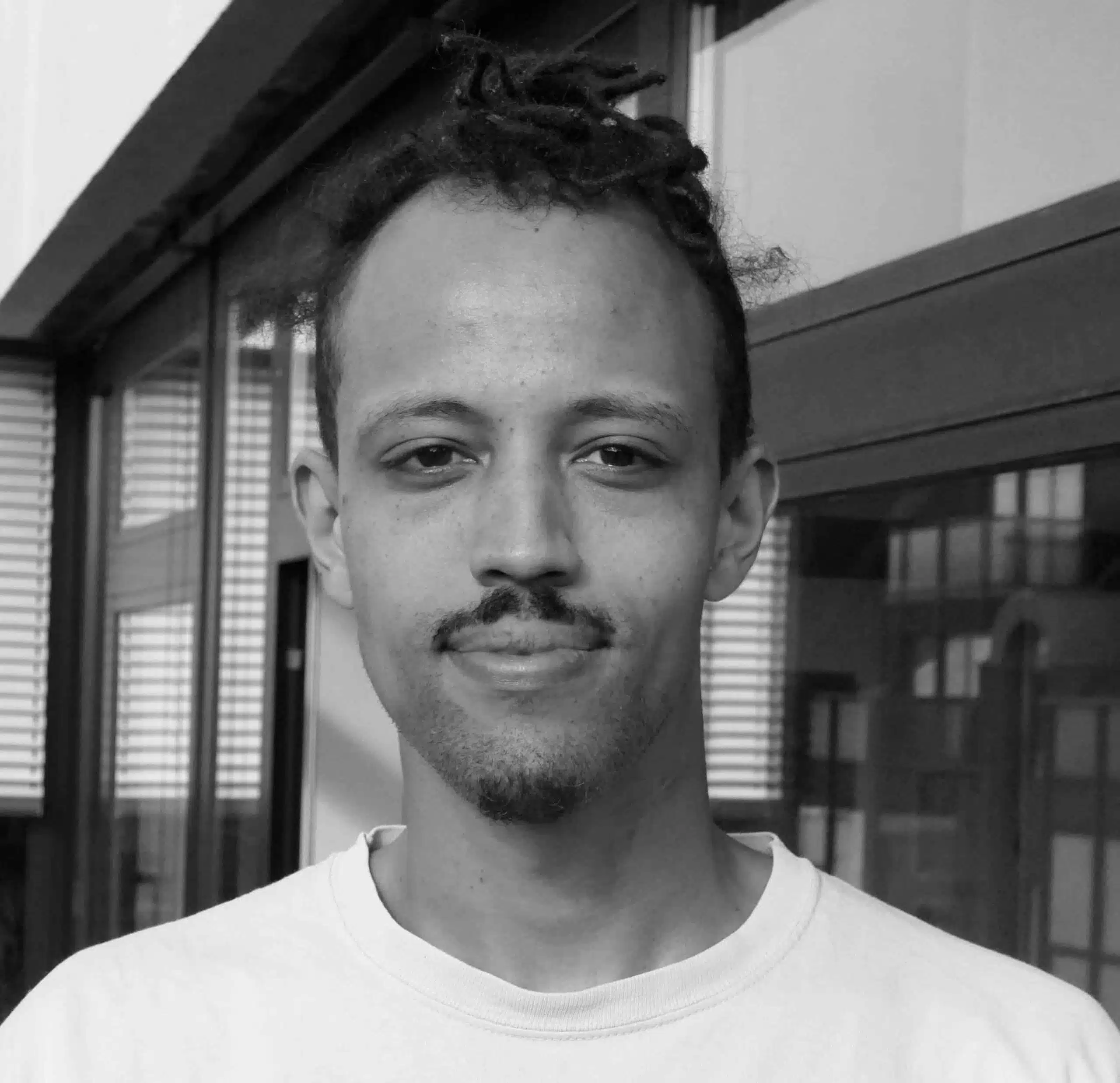Wawili Toolbox: Mtu ni Watu – Disclosing Hidden Stories of Fieldwork
The Wawili-Toolbox (named after the proverb: ‘Wawili hula ng’ombe’ – two people can manage to eat a cow – which symbolises the exigency for assistance in academic fieldwork) is an instrument designed to capture the results of the project on a scientific level. It is part of a tandem project funded by the Cologne International Forum and centered around research undertaken in the Collaborative Research Centre Future Rural Africa.
The title ‘Mtu ni Watu’ refers to the Kenyan proverb ‘a person is people’, indicating that we never achieve a goal alone, but that our work is always situated in a broader social context. This is especially the case in anthropological fieldwork in which researchers try to explore a topic in an often unknown cultural context for a long period of time. The immersion into this cultural context is an essential element of anthropological research and usually accompanied by one or more assistants. These assistants not only assist and interpret language during fieldwork, but also act as cultural brokers, guide researchers in their daily struggles, manage the complexities and challenges of fieldwork, and counsel in critical situations. Moreover, many assistants also become associates and co-producers of the scientific knowledge acquired during research.
The Toolbox consists of a series of short stories and reflections of all participants – assistants, researchers and members of the local communities – allowing current and future generations of researchers to reflect on the character of and the decolonial critique towards collaboration/cooperations/partnerships between the Global South and the Global North, providing guidance on how to initiate partnerships and reflecting ethical challenges of our work. The blog entries shall cover all sorts of relations and interactions, from the beginning to the end of the project, and beyond.


